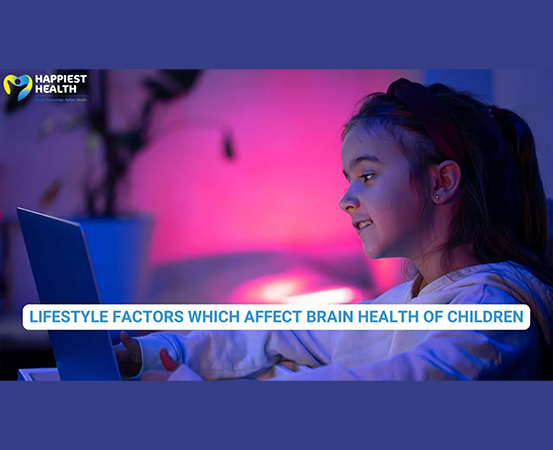
From millennials to Generation Z, eyeglasses are seen as fashion statements that lift people’s face value. The popularity of eyewear has led to the growth of a multi-crore-rupee industry that sells us all kinds of glasses, but what really works for you? Which should you opt for? Experts help us to make our choice.
Prescription eyeglasses that correct vision can also have both types – the UV or ultraviolet protection layer or the polarised film on top. But if you are planning to get eyeglasses for fashion or to mute heavy sunshine, do not go only for the shape and darkness of the glasses.
UV-protected and polarised glasses are what you need to look for first. The two glass types may seem interchangeable but serve very different purposes.
Eyes are shielded from the invisible threat of UV rays coming from the sun by a UV-proof layer on the glasses; while the visible glare of sunlight is taken care of by the polarised version. In short, it is the science of light and how different filters work.
Dr Ruchir Tewari, consultant ophthalmologist at Tewari Eye Centre, NOIDA, says UV rays are harmful not just to the eyes but to the entire body. Exposure of the eyes to UV rays is linked to photokeratitis, increasing the risk of cataracts, macular degeneration and fast ageing of the eyes.
It is commonly believed that darker glasses are an ideal protection against UV rays. However, one should look for glasses with a label that mentions 100% per cent UV protection or filters up to 400nm UV rays – which is the top spectrum of UV rays.
UV-protective glasses have a coating that absorbs and blocks the rays. Hence, the eyewear that is transparent but has a protective coating is always better than merely dark-coloured variants.
Dr Sudhakar Potty, Chief Medical Officer, Sankara Eye Hospital, Guntur, says our eyes have an in-built UV protection. Externally, the protection against UV rays starts right from the ozone layer followed by dust in the environment before reaching our eyes.
When you expose yourself to a few minutes of sunlight your eyes have enough capability to keep the UV harm at bay. In case your sun exposure is for several hours, then using UV-protected glasses is useful, Dr Potty further suggests.
Top up with polarised glass
Now think of the visibly hurting rays when they dazzle our eyes and make us take a back step. It could be the blindingly bright, steady light from a vehicle’s headlamps at night; a bright and sunny day; or the uncomfortable glaring light reflected on water or snow.
Polarised glasses have a coating that blocks these horizontal light waves and allows only vertical light to enter the eyes, thus ensuring clear vision and reduced eye stress. They reduce the glare from the shiny light and enable clear view with good colour vibrancy.
Dr Potty says polarised glasses can protect us from the damage caused by dazzling light but offer no protection against UV rays. Exposure to glare is occasional but UV rays are always there.
Dr Potty says, “Don’t settle for anything less than 100% UV protection. If you are overexposed to the sun, the damage from UV rays can be long term. . To protect the skin, we use creams with SPF (sun protection formula) but we cannot use them for the eyes. That’s when UV-protected glasses come into play.”
Dr Tewari emphasises using glasses that cover the eyes well. Among users of contact lenses, for instance, there is a trend of using what are called UV-protected lenses; but the whites of the eyes still get exposed to the sun and defeat the aim of shielding the eyes from UV rays.
Polarised glasses could be a better option while traveling to hills, snowy regions, or water sports places. But experts say, never compromise when it comes to UV protection. Also, polarised lenses hinder identifying wet pavements on roads or black snow (as they prevent glare from these surfaces.) In these situations, UV-proof glasses are advised.
To sum it up: polarised glasses may be your personal fashion preference but pick those that are labelled as offering 100% (or up to 400nm) UV protection. If not, there is nothing like UV-protected glasses to beat everyday glare.

















